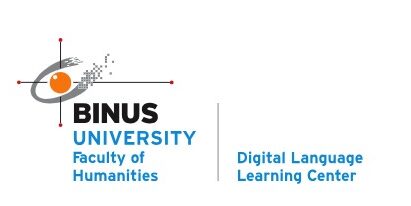[SCOPUS] Lifia Yola Febrianti – The implementation of local environmental problem-based learning student worksheets to strengthen environmental literacy
Suryawati, E., Suzanti, F., Zulfarina,, Putriana, A.R., Febrianti, L.
Jurnal Pendidikan IPA Indonesia, 2020, 9(2), pp. 169–178
The science learning material about Environmental Pollution and Global Warming in Junior High School is very much related to the latest environmental issues. This study aims to examine the relationship between Environmental literacy with thinking skills, actions, and sensitivity to environmental issues through the implementation of Local Environmental Problem Based Learning for Student Worksheets. The survey method was used in this study, followed up by a quasi-experimental design pretest-posttest. Samples of this study were 372 students in three junior high schools located in areas affected by forest fires. Research instruments were in the form of tests, to measure ecological knowledge, and questionnaires that were adapted from the Middle School Environmental Literacy Survey (MSELS), to measure cognitive skills, actions, and sensitivity to the environment. Before being used, questionnaires and tests adapted from MSELS were tested on 35 respondents with a reliability test α = 0.68 and a questionnaire α = 0.88. Correlations between two variables were analyzed using Path-Analysis with AMOS 23 software. The results of the study showed that there was a direct correlation between ecological knowledge and increased thinking skills. Knowledge is indirectly correlated with action (β = 0.01, t = 1.07, p> 0.05) and sensitivity (β = 0.00, t = -0.38, p> 0.05). Knowledge (β = 0.12, t = 10.43, p <0.001) correlates directly to thinking skills and acts as a mediator between knowledge, action, and sensitivity to the environment. The result of the effectiveness test of Local Environment-Problem Based Learning (LE-PBL) student worksheets using the pretest-posttest design showed that LE-PBL is effective in increasing the environmental literacy of students, with N-gain value of 0.2 in the control class and N-gain of 0.4 in the experimental class. The implementation of learning resources in the form of LE-PBL student worksheets strengthens students’ environmental literacy in identifying, analyzing, evaluating, and planning actions and sensitivity to local and global environmental issues.
LINK: https://journal.unnes.ac.id/nju/index.php/jpii/article/view/22892
